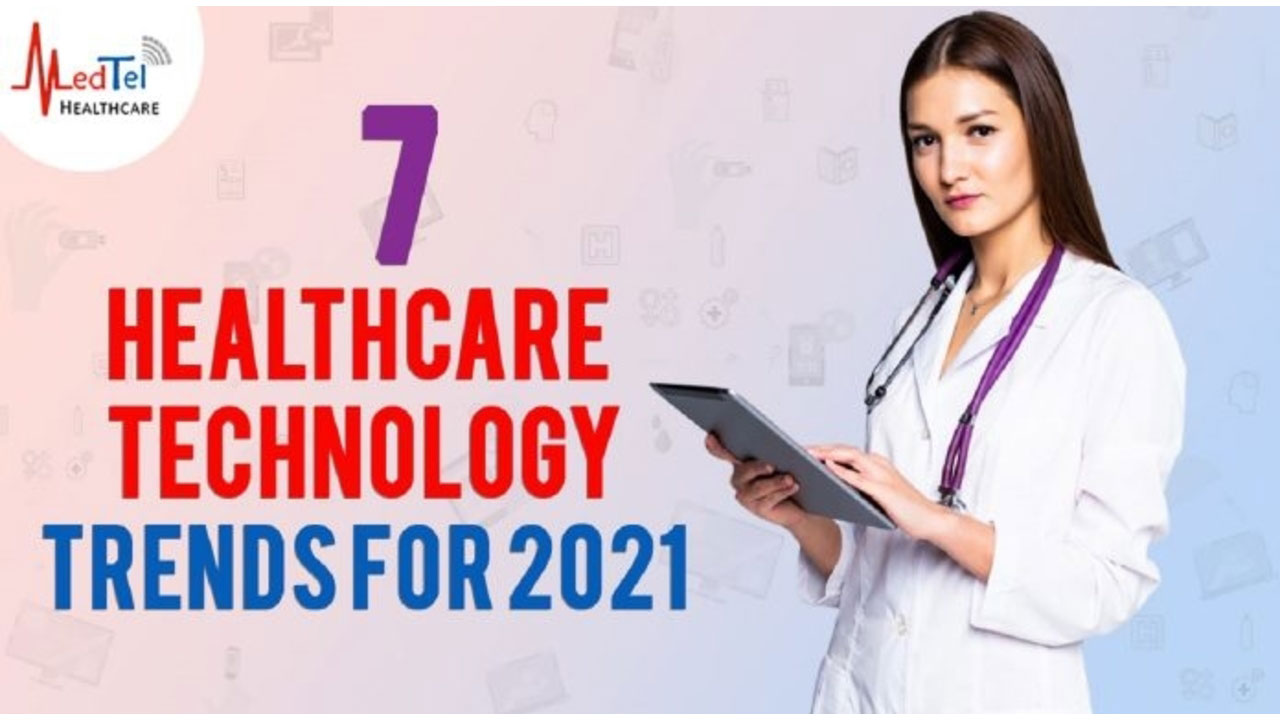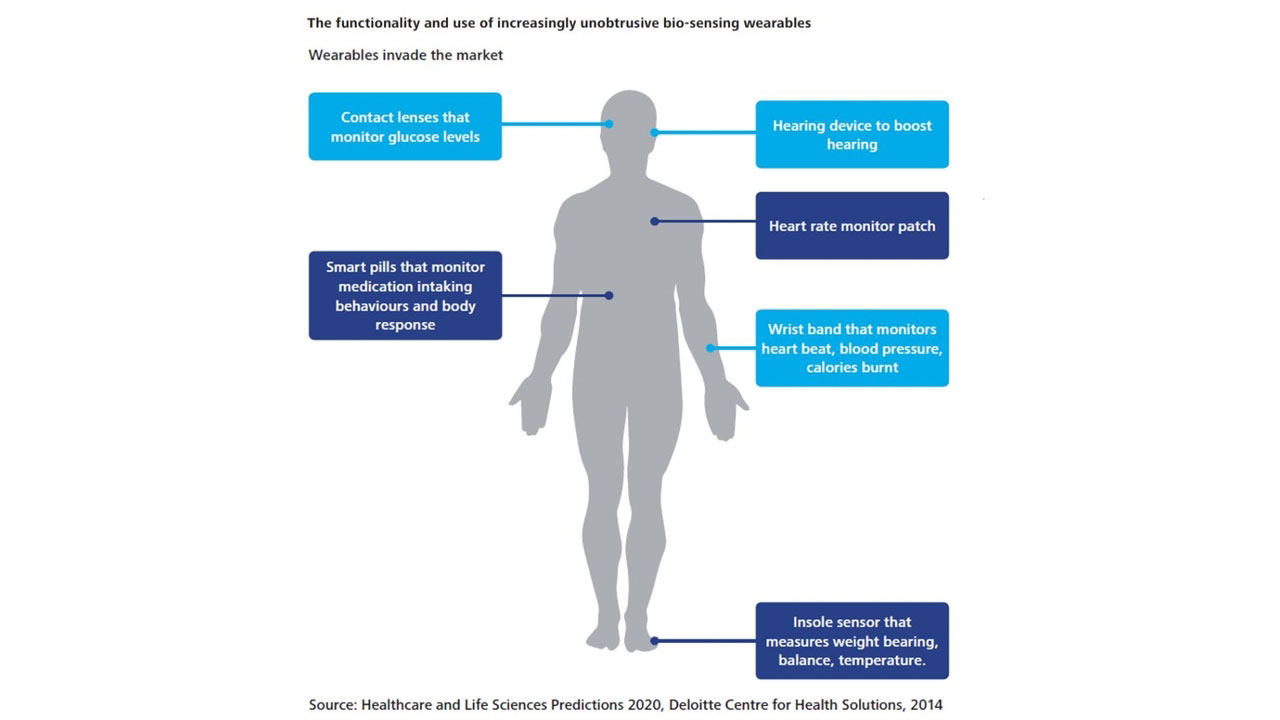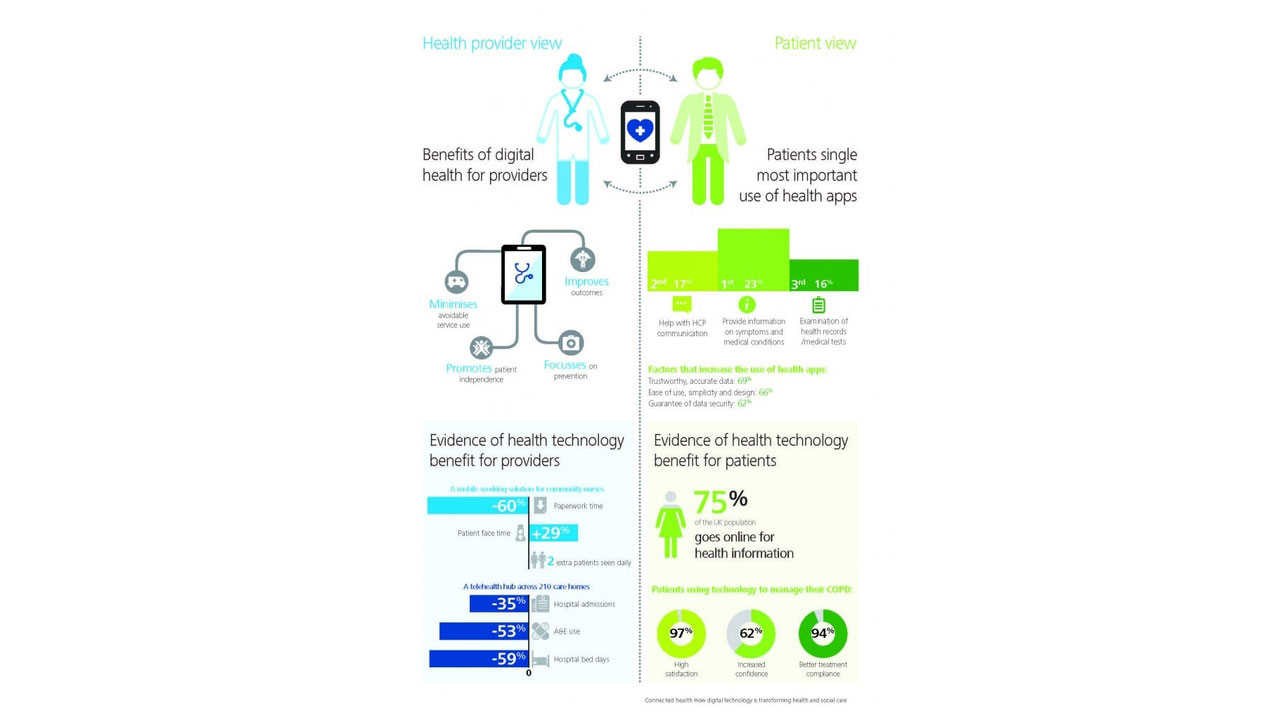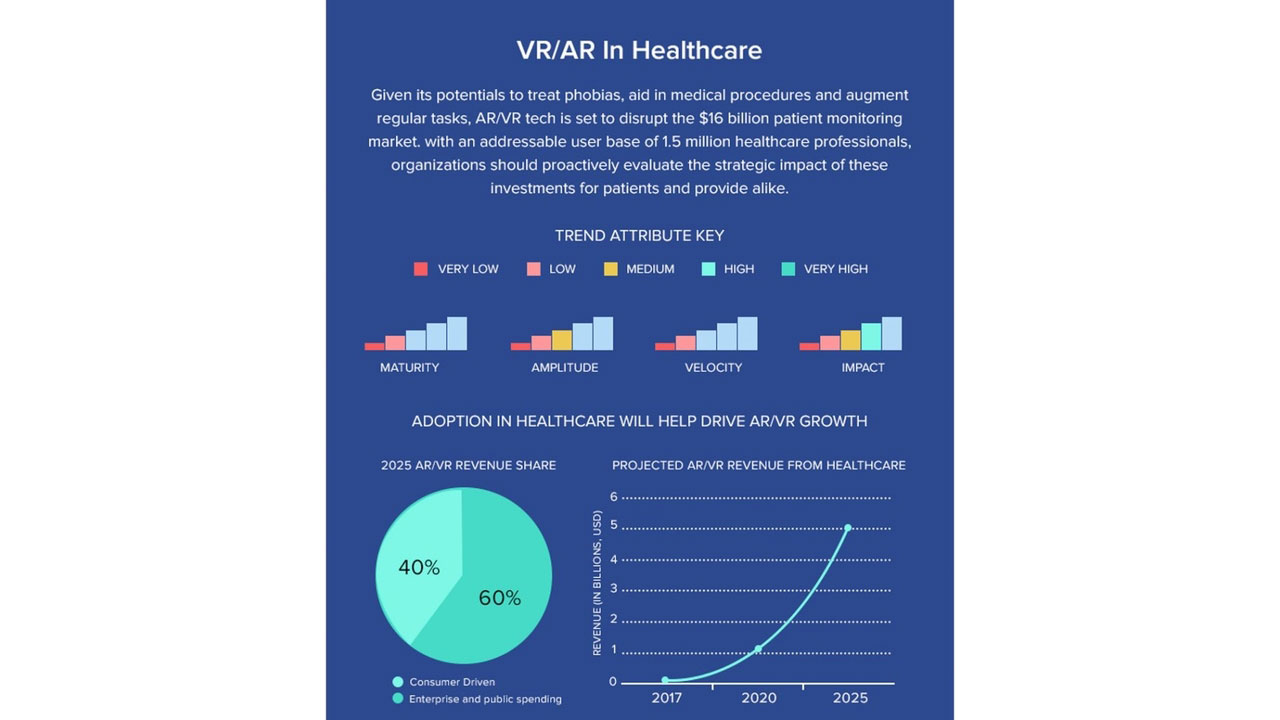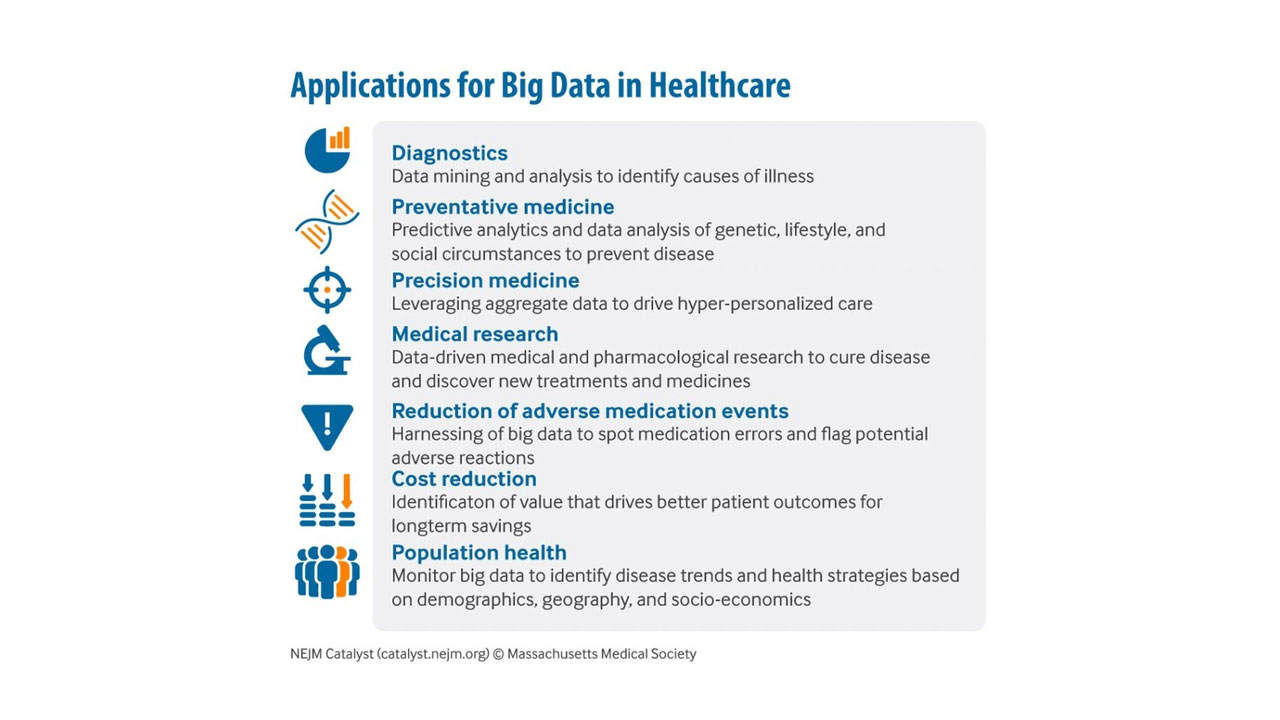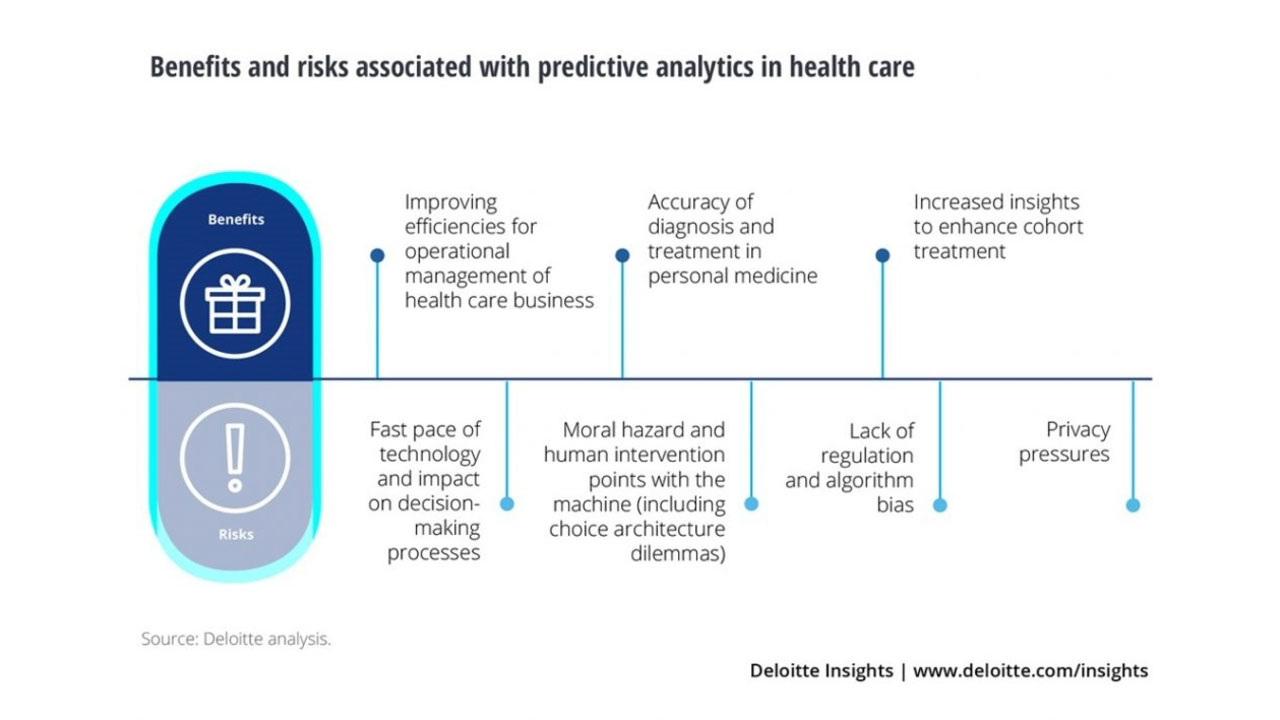7 Healthcare Technology Trends for 2021
Source: https://thinktank.eithealth.eu/
1. AI and Healthcare Technology
2. Wearable Devices and Internet of Things
Source: https://www2.deloitte.com/
3. Advanced Telehealth
Telemedicine saw a boom during the COVID-19 pandemic with doctors monitoring their patients virtually. Video calls, WhatsApp texts, and other forms of remote patient monitoring have taken over long waiting lines outside the doctor’s office. Telemedicine is transforming the medical landscape while reducing costs significantly. It has dissolved borders and brought patients and doctors closer to each other, benefitting especially those from the rural areas.
In the future, telemedicine will continue to improve doctor-patient relationships and provide better healthcare facilities. Telemedicine apps have already come into play wherein they integrate eHealth records of the patients, making it convenient for the doctors to diagnose.
4. Healthcare with VR/AR
Such simulations have the potential to offer therapy that physical therapy may lack in providing and can help doctors customise treatments for such victims. Virtual reality is also being used to treat anxiety, stress, post-traumatic stress disorder, and chronic pain, among other things.
5. Big Data Collection
If the pandemic brought the healthcare industry anything, it was the need for centralised medical health records. Nation-wide data of corona cases were being recorded to identify the reason for the spread and to curtail it. When cross-border medical data is centralised and digitised, medical professionals can access it and aid in better care delivery.
Remote patient monitoring services can considerably improve their treatments with such data. Besides, extensive data collection is excellent for research purposes, especially in drug development and advanced healthcare based on a specific diagnosis.
6. Digital Hubs and Cloud Systems
With extensive data collection comes large storage spaces and the need to build hubs and cloud systems dedicated to healthcare sectors. Google, Microsoft, Amazon, etc., are already providing cloud-based systems specifically for healthcare. All data collected across states can be registered under one roof for better management and improved treatments.
These portals can give rise to innovation and help the growth of the healthcare industry. Countries like Sweden and Germany have already taken the plunge into digital medical hubs, providing exceptional outcomes to their citizens.
7. Smart and Predictive Healthcare Analytics
The digital transformation of the healthcare industry accelerated in 2020, promoting smart precision treatments and predictive healthcare analytics. With AI and machine learning, hospitals are learning about patient history and making educative predictive analytics. The advancement in these technologies and their application in the healthcare industry will take the world closer to smart treatments as a preventive measure.
